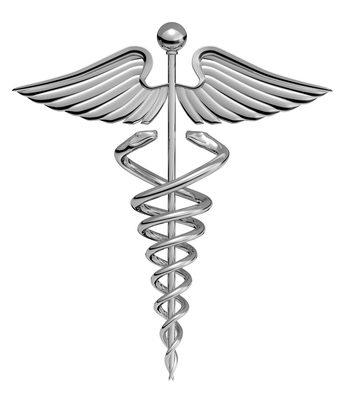The demand for all types of health care professionals continues to grow throughout the United States, from rural settings to large, urban metropolitan areas. Health care professionals from doctors and nurses to administrators and information systems professionals are needed in order to ensure that the public receives high quality medical care that meets increasingly stringent public demand and growing government regulation. Among these positions is the health information services manager.
Education and Skills for Health Information Services Managers
Health information is a necessity for the entire health care system to operate effectively and deliver quality care. Health information managers are responsible for a number of business procedures and computer processes within these systems, which requires a unique set of skills and knowledge. To manage the health information systems and services in a number of health care related settings, these professionals must have computer expertise, effective written and oral communication skills, critical thinking ability, organizational behavior knowledge, problem solving ability, and general management skills.
In an educational program for health information services management, students complete a number of courses to help build these skills. Professionals in this field will need to have an understanding of medical care, and courses such as medical terminology, introduction to pharmacology, and physiological mechanisms. In addition, management courses in these programs include courses such as health care finance, organizational management, quality management, and health records management. Other courses include computer operations, health management systems, and health care automation.
Career Possibilities for Health Information Services Managers
Building all of these skills in educational programs provides graduates with the foundation for working in a number of different positions in hospitals, medical records agencies, clinics, physician offices, insurance companies, educational institutions, government agencies, and private consulting and health care firms.
The career possibilities for this profession are as diverse as the possibilities for workplace opportunities as well. In addition to positions as health information services managers, qualified candidates in this profession also hold positions as systems administrators, accreditation coordinators, clinical database coordinators, compliance officers, risk managers, and health care administrators.
Health Information Services Manager Job Responsibilities
In any of these positions, health information services managers are responsible for incorporating their knowledge of management operations, computer skills, and health care administration to manage and direct the operations of health care organizations. This skill set enables health information services managers to analyze data and make recommendations to improve cost effectiveness and quality care across medical organizations. In addition, this is an essential position in order to ensure that health care operations meet the requirements of regulatory agencies and accreditation bodies. Health information services managers also design and implement the information systems utilized in these diverse health care and health care related settings. Additional information can be found at the American Health Information Management Association website at www.ahima.org.
Health information services managers focus on the changing technology within health care systems, improvements in preventative care, restructuring of health care systems, and integration of various processes and procedures to assist in the delivery of quality care in all types of health care organizations. As health care demands continue to grow and government regulation continues to require accurate reporting of electronic medical records, the need for qualified health services information managers will also continue to grow.
